Description
What is 1B-LSD?
1-Butanoyl-d-lysergic acid diethylamide (also known as 1B–LSD) is a novel psychedelic substance. It comes in 100mcg blotters. Its found in the lysergamide class. LSD (lysergic acid diethylamide), first synthesized in 1938, is an extremely potent hallucinogen. It is so potent its doses tend to be in the microgram (mcg) range. It’s effects, often called a “trip”, can be stimulating. Pleasurable, mind-altering or it can lead to an unpleasant, sometimes terrifying experience called a “bad trip.” It is found in sister products such as 1cp-lsd, ald 52, 1p-lsd
The Pharmacology of 1B-LSD
Receptor activity studies indicated that 1B-LSD is a very weak partial agonist at the human 5-HT2A receptor compared to LSD, but it did induce the head-twitch response in mice. However, 1B-LSD showed no agonist activity at 5-HT2A and 5-HT2C despite showing comparatively high affinity those receptors compared to LSD. Additional work indicated that 1B-LSD produced a dose-dependent increase in head twitches. Also, the data showed 1B-LSD had about 14% of the potency of LSD.
The data from a November 2019 study indicates that 1B-LSD is a prodrug of LSD.
Effects of 1B-LSD Use
1B-LSD is a mind-altering drug. LSD causes it’s characteristic hallucinogenic effects via interaction with the serotonin receptors in the brain. Serotonin is a neurotransmitter that helps control your behavior and mood. It equally governs your senses, and moderates your thoughts.
Extent of LSD Use
The National Survey on Drug Use and Health (NHSDA) in 2018 estimated that 5.6 million people aged 12 or older were past year users of hallucinogens. This includes LSD, PCP, peyote, mescaline, psilocybin mushrooms, Ecstasy, ketamine, DMT/AMT/“Foxy,” and Salvia divinorum), corresponding to 2% of the population.
The percentage of people aged 12 or older in 2018 who were past year hallucinogen users was higher. This was to percentages in 2015 and 2016, but 1B-LSD was similar to the percentage in 2017.
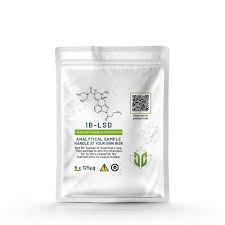
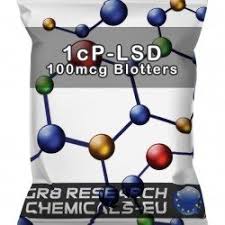
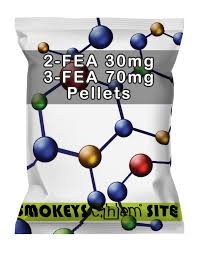
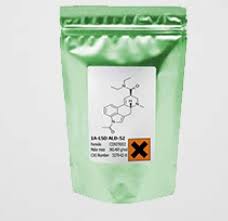
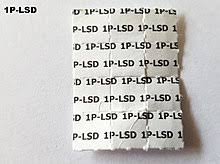
Reviews
There are no reviews yet.